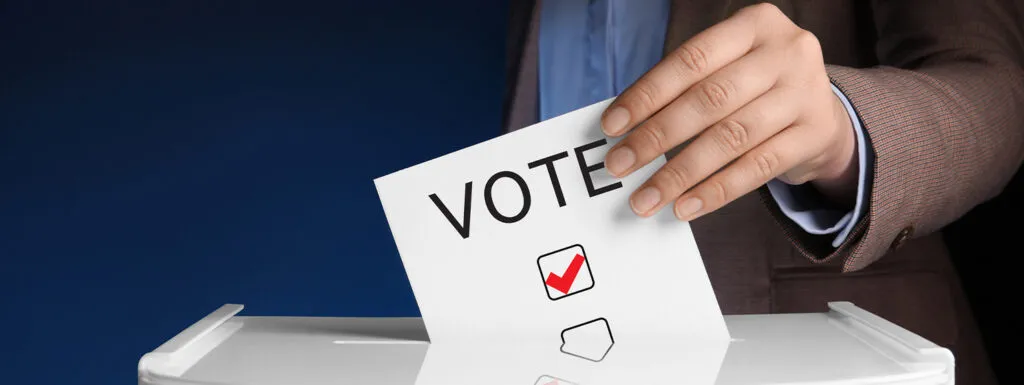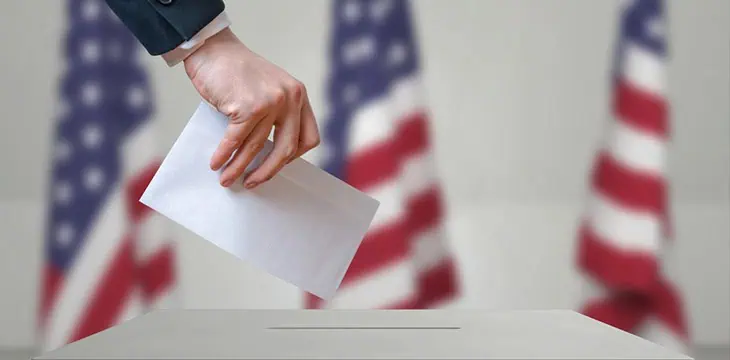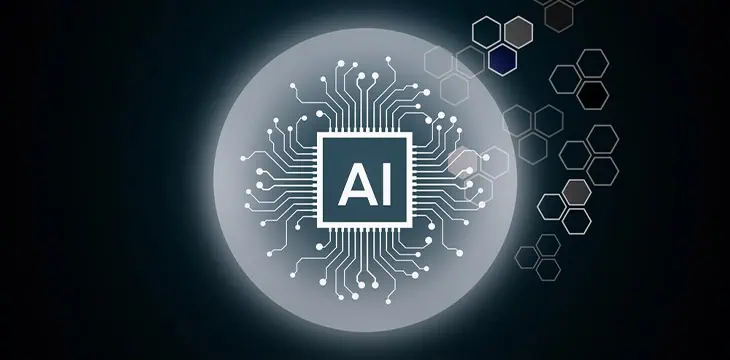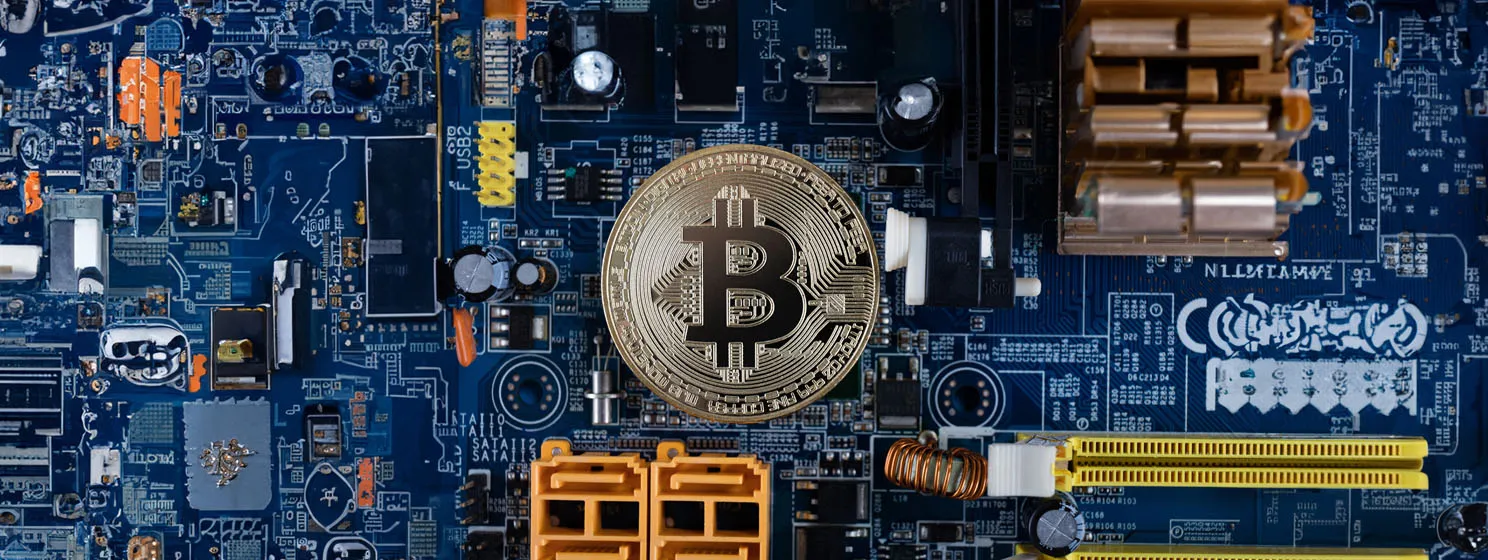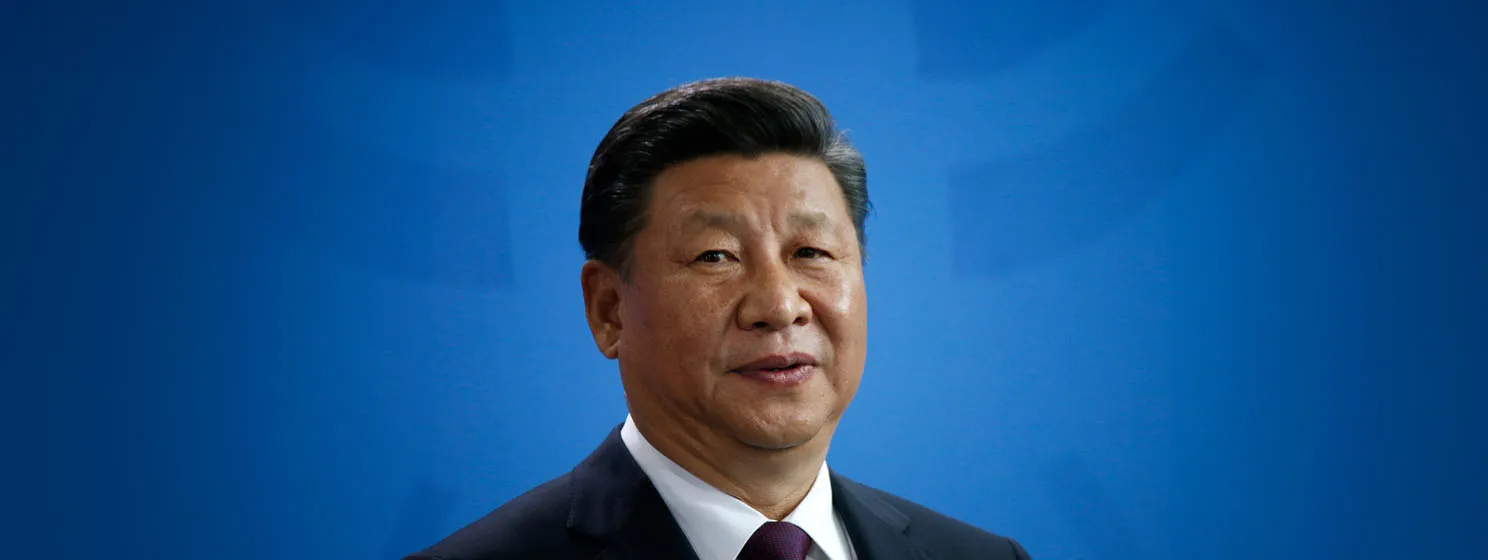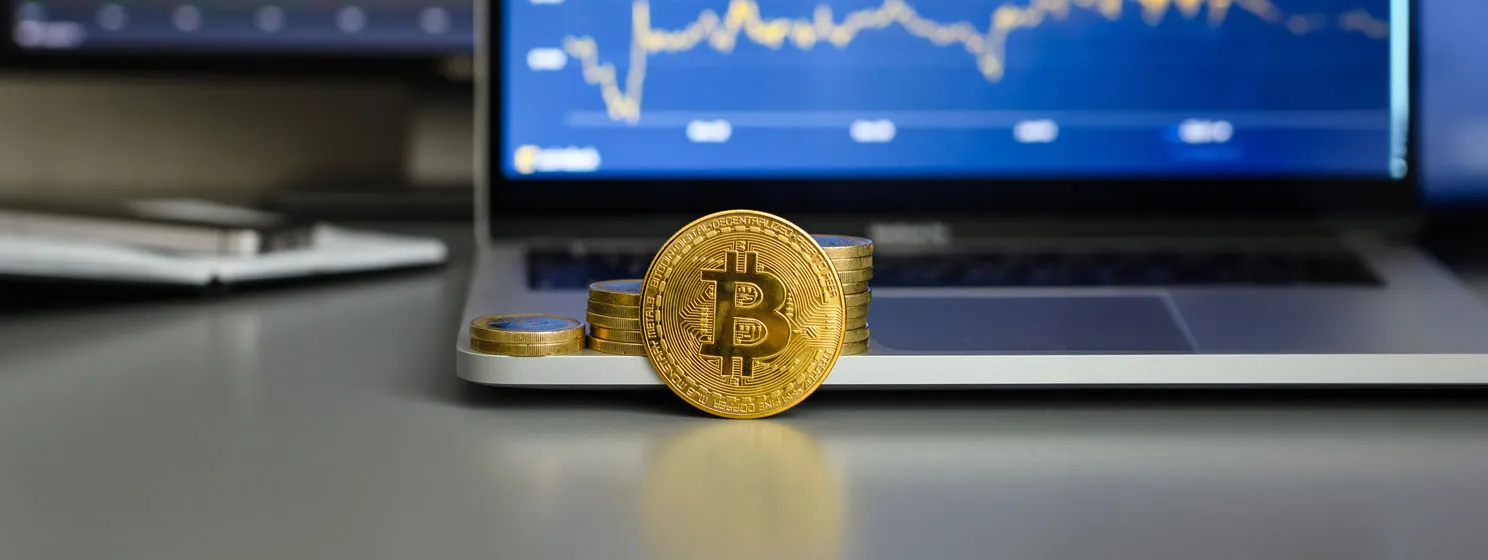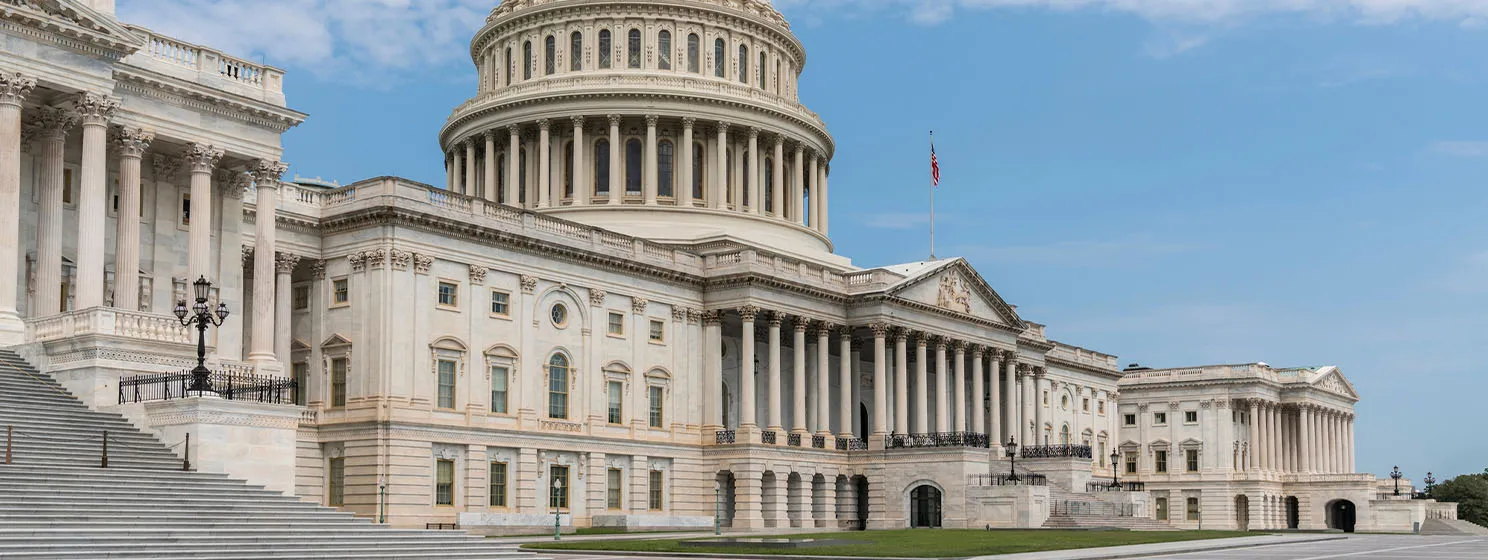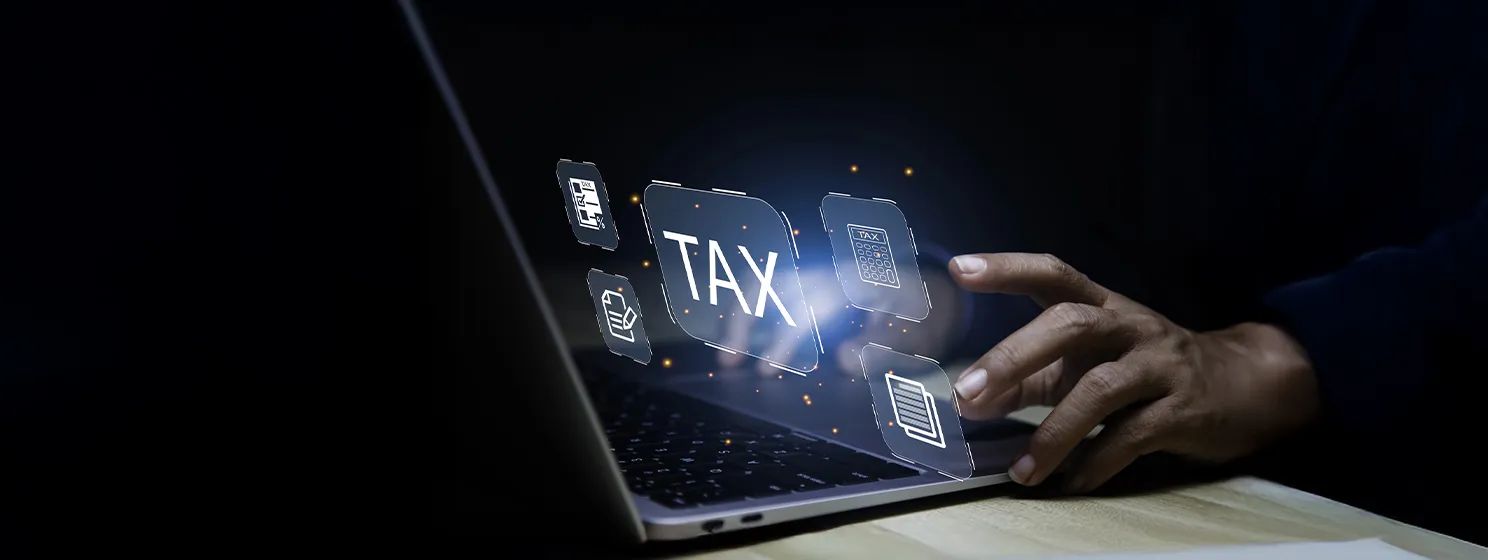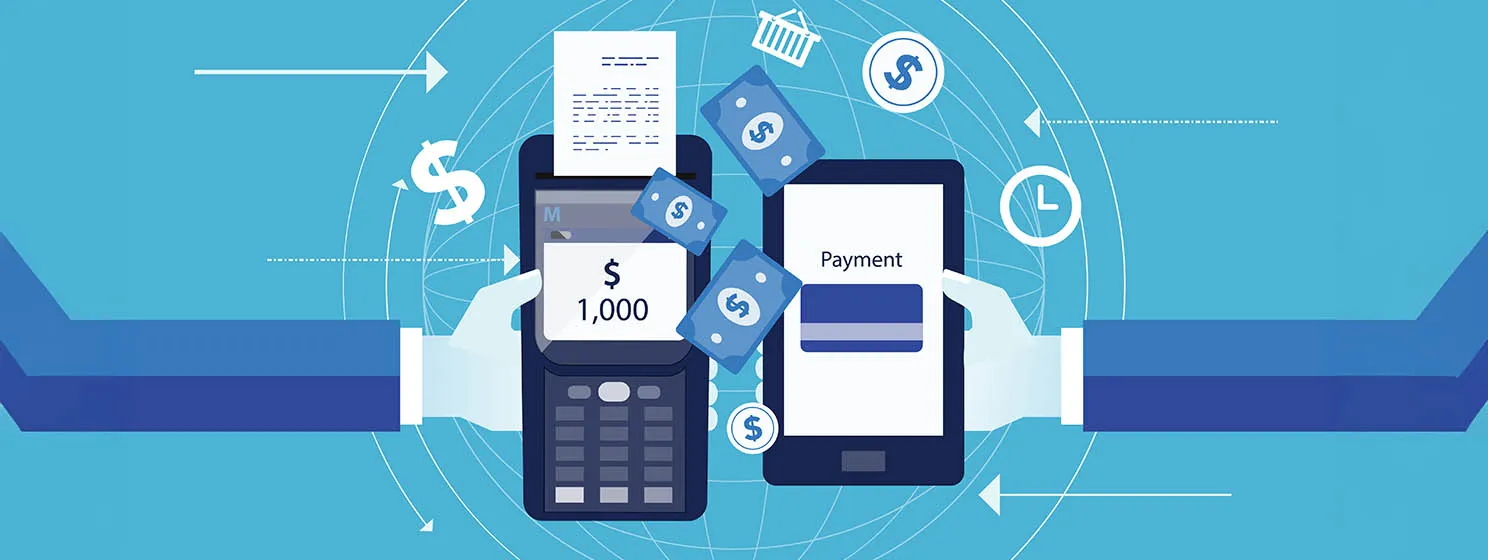
Elections
South Africa targets digital IDs in time for 2029 elections
South Africa’s Home Affairs department targets issuing 2.5M digital IDs this year, and by the 2029 elections, it wants a...
Morocco cracks down on crypto purchase; AI threatens polls
Moroccans have been using ‘crypto’ to circumvent capital flight restrictions; meanwhile, experts project AI could worsen African elections in the...
Blockchain voting restores trust in modern elections
It may take a while until we see blockchain being used in voting, but with more new technologies showing into...
‘Big Crypto’ lobbying furiously as 2024 US election heads into home stretch
Public Citizen consumer advocacy group released a report titled ‘Big Crypto, Big Spending’ that showed ‘crypto corporations’ poured $119 million...
This week in AI: Elon Musk pressured to fix Grok mess, OpenAI exec joins Anthropic, Palantir secures partnerships
This week in the AI, observers saw U.S. authorities dash to fix the chaos caused by Elon Musk's Grok, OpenAI's...
Trump family doubling down on ‘crypto’ cash as rival Harris surges in polls
As election fever takes hold, the Trump family seems to be finding ways to get more cash by hinting at...
Recent
Trending
Most Views

 07-11-2025
07-11-2025 


